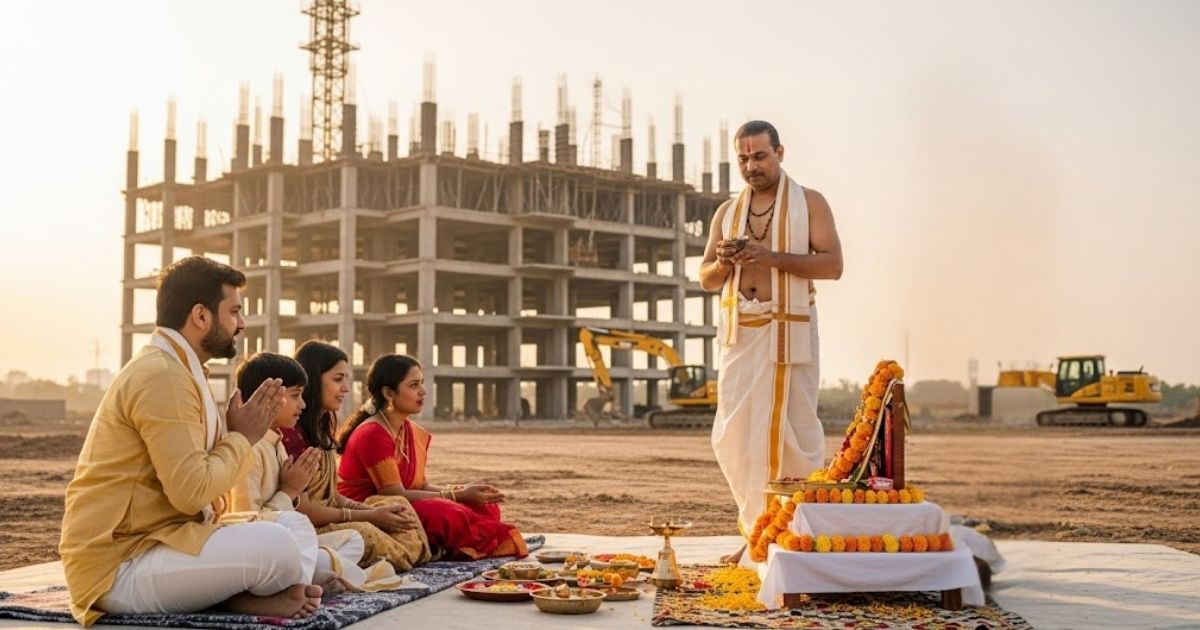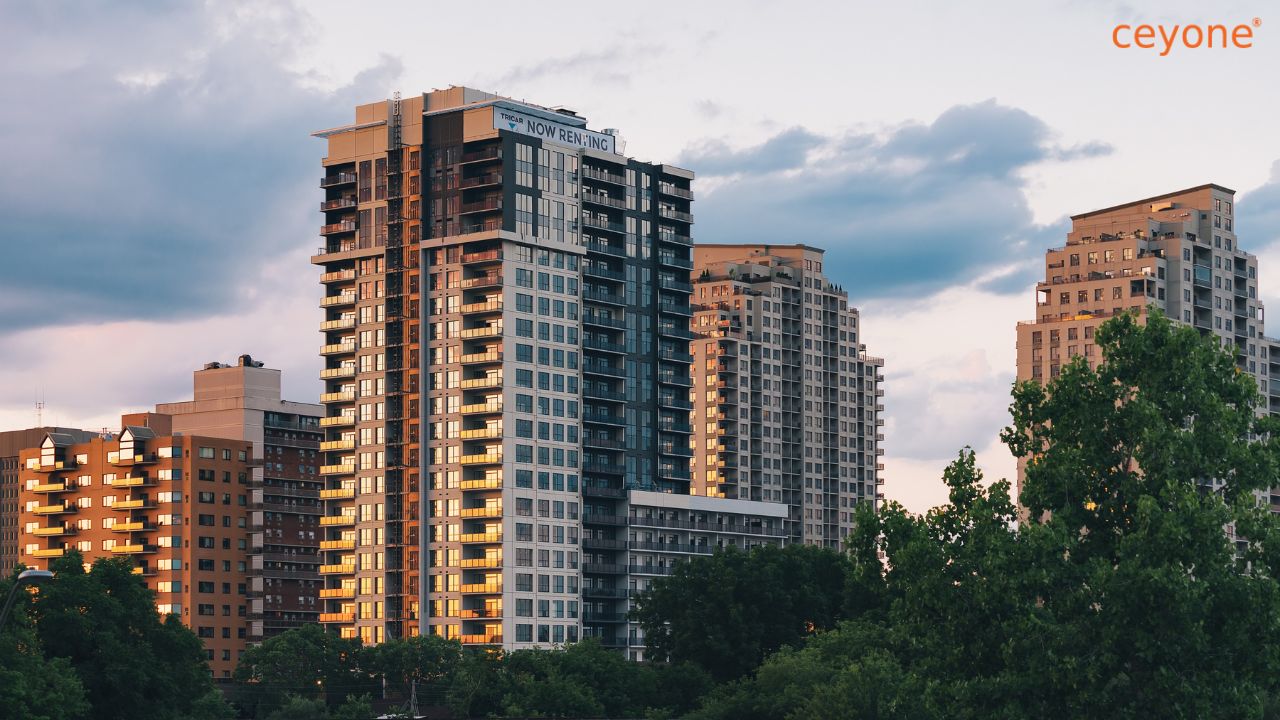5 Critical Mistakes NRIs Commonly Make When Buying Property in India
Planning to buy property in India as an NRI? Discover 5 common mistakes NRIs make when investing in Indian real estate — and how to avoid them for a safer, smarter purchase.
For Non-Resident Indians (NRIs), buying property in India is often both an emotional and strategic decision. Whether it’s to stay connected to your roots, secure a home for future relocation, or invest in India’s growing real estate market — the process involves several factors that need careful consideration.
Unfortunately, many NRI buyers fall into avoidable traps due to limited access, lack of on-ground guidance, or simply being unaware of legal and financial requirements.
Here are five common mistakes NRIs make when purchasing property in India, along with practical tips to avoid them.

1. Lack of Understanding of NRI-Specific Regulations
The first and most critical mistake many NRIs make is not being fully aware of legal eligibility and regulatory frameworks. In India, the property purchase process for NRIs is governed by the Foreign Exchange Management Act (FEMA), and certain limitations apply.
What You Need to Know:
- NRIs can purchase residential and commercial properties, but not agricultural land, plantation property, or farmhouses.
- The purchase must be made in Indian Rupees through NRE/NRO/FCNR accounts, not foreign currency.
- Inheritance of agricultural land is allowed, but not fresh purchase.
Avoid This By:
- Consulting a legal expert familiar with FEMA and RBI guidelines.
- Ensuring the property type you’re investing in complies with NRI regulations.
- Using approved financial channels for payments.
2. Insufficient Due Diligence on Developers and Projects
Due to geographical distance, NRIs often rely on promotional materials, references, or online listings without conducting in-depth verification. This can result in choosing unreliable developers, projects without approvals, or properties with legal complications.
Common Pitfalls:
- Projects that lack RERA registration.
- Builders with a history of delays or poor construction.
- Unverified resale properties with disputed titles.
Avoid This By:
- Choosing only RERA-registered projects with clear documentation.
- Verifying the builder’s track record, completed projects, and delivery timelines.
- Partnering with real estate advisors who provide transparency, like Ceyone — where every listing undergoes a builder pedigree check.
3. Neglecting Financial and Taxation Planning
Another major oversight is ignoring the financial implications of buying and maintaining property in India. From funding the purchase to managing rental income and capital gains, there are several financial aspects NRIs must consider.
Things to Remember:
- You may be liable for TDS (Tax Deducted at Source) when selling a property.
- Rental income earned in India is taxable in India, and must be reported accordingly.
- Repatriating the sale proceeds abroad involves specific documentation and approval limits.
Avoid This By:
- Consulting a tax advisor who specializes in NRI taxation.
- Understanding home loan eligibility for NRIs, as several Indian banks offer NRI-specific housing loans.
- Maintaining proper documentation for all transactions and payments.
4. Relying on Informal Channels Instead of Professional Guidance
Many NRIs depend on relatives or friends in India to manage property research, site visits, or paperwork. While helpful, this often leads to incomplete or biased information, delayed decisions, or even missed legal steps.
Risks Involved:
- Overlooking hidden charges or clauses in agreements.
- No clarity on handover timelines or construction progress.
- Lack of support during registration or possession.
Avoid This By:
- Appointing a Power of Attorney (PoA) to a reliable person for handling paperwork and registration.
- Choosing a real estate advisory like Ceyone, where you get curated listings, builder verification, market insights, and end-to-end assistance — no matter where you are.
5. Ignoring the Importance of Location-Driven Value
NRIs sometimes make decisions based on sentiment — like buying in their hometown — without assessing the property’s connectivity, liveability, infrastructure growth, or resale potential.
What to Watch For:
- Locations that lack basic infrastructure or civic amenities.
- Projects far from employment hubs or transport networks.
- Low rental demand or stagnant price appreciation.
Avoid This By:
- Defining your objective clearly: Are you buying for investment, retirement, or future relocation?
- Shortlisting locations with strong real estate growth indicators — such as Devanahalli, Sarjapur-Attibele Road (Bangalore) or Tellapur, Narsingi (Hyderabad).
- Asking your advisor for location trend analysis and historical price movement before making a decision.
Final Thoughts
Buying property in India as an NRI is entirely possible — and rewarding — when done with proper planning, reliable support, and legal awareness. From understanding RBI guidelines to selecting the right location and verifying the builder’s credentials, each step matters.
At Ceyone, we simplify this process for you by offering:
- RERA-approved and NRI-friendly listings.
- Builder pedigree analysis and project verification.
- Clear pricing and legal transparency.
- Personalized end-to-end support, including site visits, documentation, and handover.
Distance should never mean compromise — and with the right partner, your investment in India can be safe, smart, and stress-free.Looking for verified homes or villa investments in India as an NRI?
Reach out to Ceyone’s NRI support team or explore handpicked projects at Ceyone.













